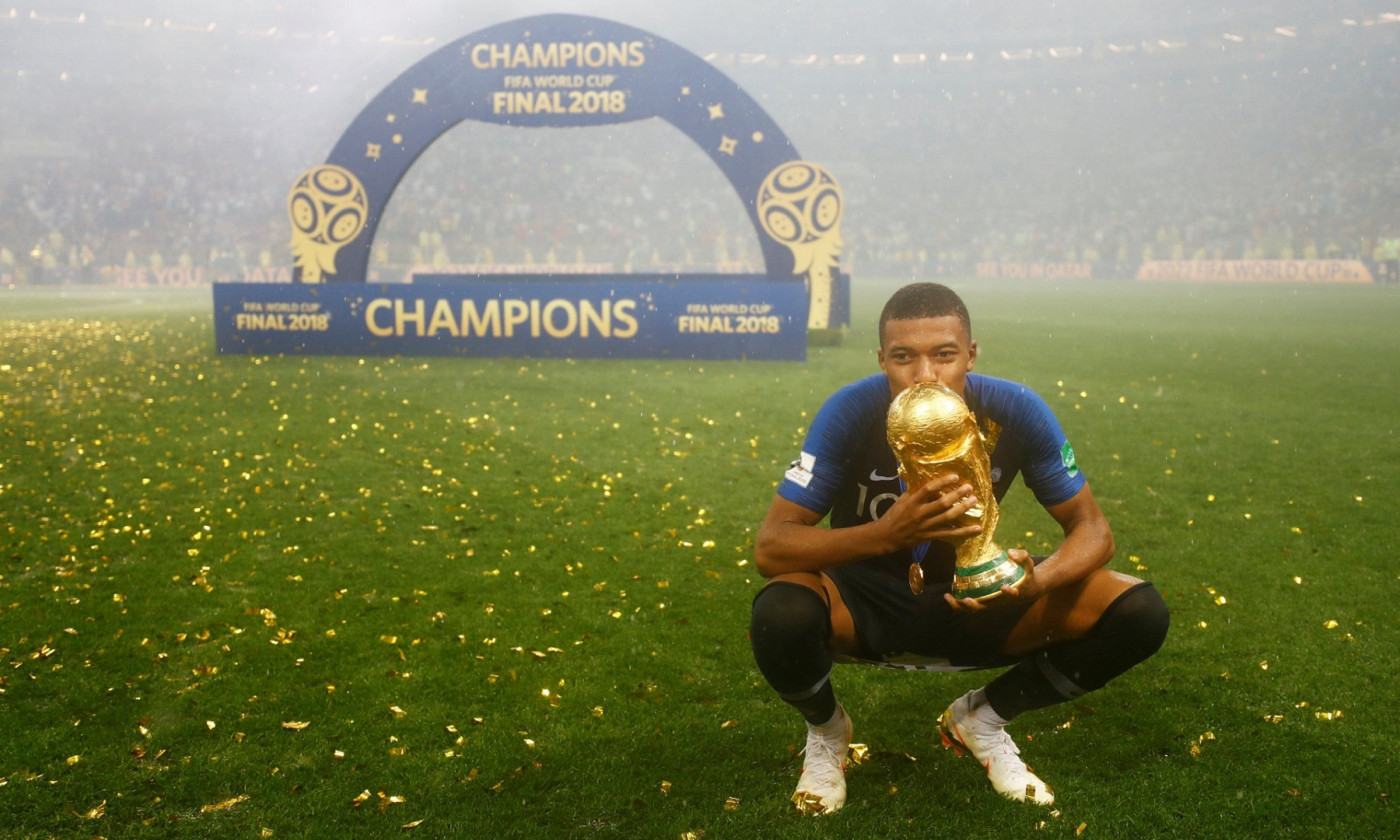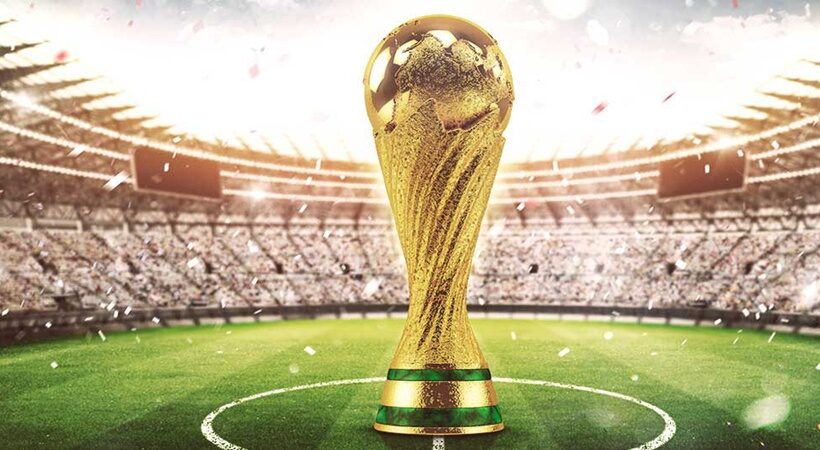The Saudi Arabian football federation recently floated a proposal of bringing down the gap of 4 to two years for holding the FIFA World Cup. This has prompted FIFA to conduct a study, which is led by former Arsenal manager Arsene Wenger, to gauge the viability of such a proposal. In case the gap between the world cups is lessened international calendar would be jam-packed with football matches and the soccer fans across the world would be as pleased as punch. In fact, 166 out of FIFA’s 210 national associations have backed the proposal. However, if the proposal of Saudi Arabia gets accepted, will it benefit the game of football by enlarging its source of revenue? The main objective behind the idea is after all money.
Plenty can be problematic, at times
It goes without saying that too much of anything is bad and overdose can even bring down the quality of the game of football. So, by changing the world cup cycle, there would be a possibility of too many matches to grapple with for the organizers, including league matches, Euro Cup, Copa America, apart from the world cup. This could also lead to burnout among footballers, especially superstars, the chief revenue generators of the game, leading to their hastened exits from the game. For Example, Messi is 35 and Ronaldo is 37 and still going strong but in the future, if the proposal comes through the world would be unable to see Kylian Mbappe or Paul Pogba playing beyond the thirties. Also, too much on the plates of footballers can hamper their immense potentials and force them to eschew their natural abilities most of the time. It would indeed be a sublime tragedy to witness some gifted players simply going through the motions on football fields. Hence, the aspect of overdose needs to be studied in detail before arriving at any conclusion regarding the staging of the world cup.
UEFA is not amused
Coming back to the support for Saudi’s proposal, UEFA is clearly not on the same page with either FIFA or the governing body’s 166 national federations on the matter. Even the major leagues are yet to display their enthusiasm over the new scheme. In fact, UEFA perceives the move as nothing but a strategy to weaken Europe’s influence in the game of football and is furious over the absence of a consultation process before mooting such a proposal. UEFA’s unhappiness is understandable given Europe’s position in world football with leading domestic leagues, Champions Leagues etc offering substantial muscle to the European body to dominate the game. All these could change if the proposed idea gets approval.

The positive side
However, the new suggestion altering the cycle of the FIFA World Cup has its share of positives as well. One among them is by bridging the gap the game’s popularity can be spread to more and more nations. Currently, several nations are waiting in the wings to grab the hosting rights and by turning the event biennial the interested countries like China, Australia etc will get to host the tournament much earlier as against the quadrennial nature of the tournament. This can also help in popularising the game expeditiously in non-footballing powerhouses and eliminate the frustrations of the agonizing wait. This would also work perfectly with FIFA’s plan of having a large contingent for the event, 2026 tournament is touted to be a 48-nation affair.
Finally
FIFA President Gianni Infantino eyes a humongous world cup and intends to retrieve the monetary power and financial influence of the game. Hence, he is game for Saudi’s proposal. But, the international calendar is fixed till 2026, so any change, if it happens, would take effect only after 2028. So, a two-year world cup is still a distant possibility. If the proposal materializes in the future, then FIFA has to ensure that matches are structured in a way that players get enough rest from their choc-a-bloc schedules. After all, nobody wants to see their favourite stars making abrupt exits before or midway through a tournament citing injuries or mental health woes. Games across the world have gone through major transformation and football also needs to embrace new reforms but these should not come at the expense of elements that have made it a beautiful game.



















